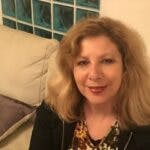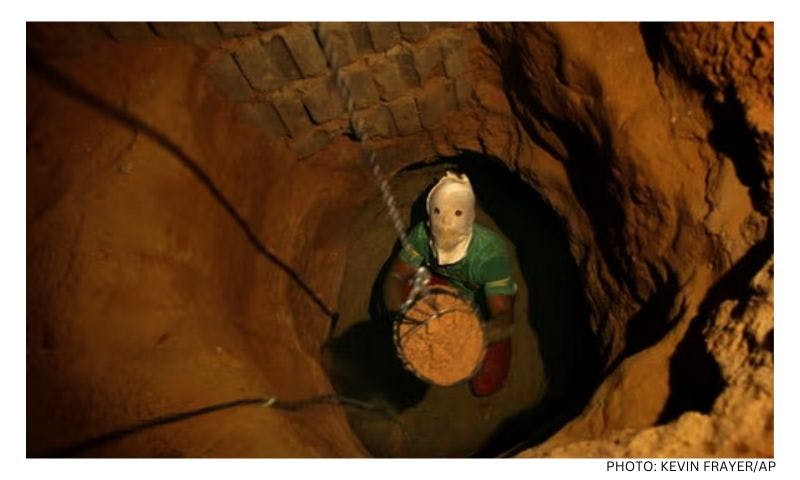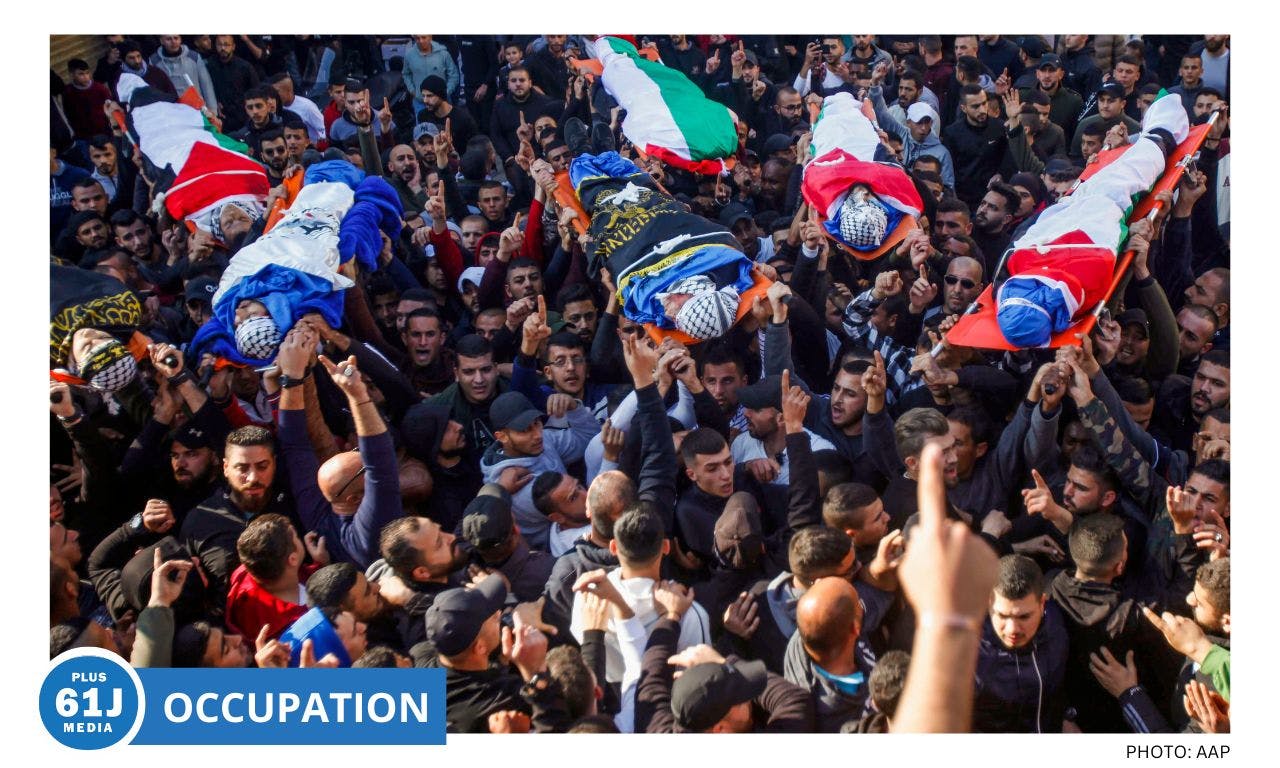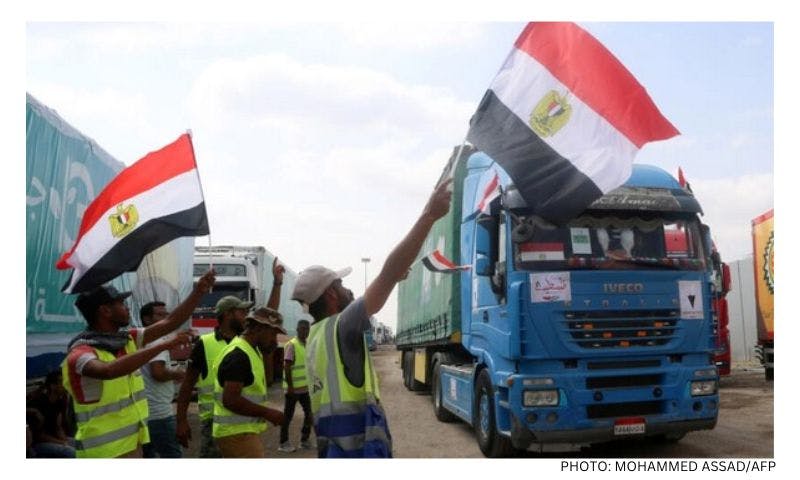Published: 7 May 2019
Last updated: 4 March 2024
Part of a series of talks at Emanuel Synagogue, the latest “In Conversation” presentation* featured Israeli Ambassador Mark Sofer and head of the General Delegation of Palestine Izzat Abdulhadi who gave their views on “One Land, Two People”. Senior Rabbi Jeffrey Kamins (OAM) was the moderator for a full house of more than 300 people.
It was a rare opportunity to hear Israel’s senior diplomat in Australia together with his equivalent representing Palestine. Engaging, often robust, exchanges acknowledged the different narratives but tried to maintain the focus of developing a common and respectful vision for both peoples.
As Sofer told The Jewish Independent: “I believe in the adage ‘To jaw-jaw is always better than to war-war’ [attributed to Winston Churchill]. It is far better to dialogue and find common ground.” He observed that it was difficult at present: “Because, as we speak, rockets from Gaza are raining down on Israel’s citizens. People are scurrying into bomb shelters and the fear is that this will continue off and on until, as Golda Meir observed, ‘They love their children more than they hate us’.”
Although the Jewish nation is used to disagreement, within the community as well as outside and, of course, between political parties, the Palestinian leadership dichotomy – whereby Israel is continually affected by the Hamas-Fatah conflict – is wearying, exacerbating the painful process of trying to find a workable solution.
And, of the talks between Israel and the Palestinians, when they do occur: “There’s been a breakdown of trust,” Sofer observed.
In this forum, Abdulhadi was given the respect and time to talk and present his views, but there was always the risk that a similar meeting with the Palestinians may give rise to anti-Israel rhetoric. “The current attitude of demonising Israel is not helpful,” Sofer said.
And, if similar respect were given to Sofer at a similar forum: “I’d be happy to attend a forum of Palestinians to discuss how to move forward.”
The Palestinian leaderships’ [history of] rejection of proposals and solutions on the table – often without even knowing what they were, was also not the correct approach, Sofer observed, referencing Abba Eban: “The Palestinians never miss an opportunity to miss an opportunity.” (This followed the Geneva Peace Conference with Arab countries in 1973.)
As Abdulhadi emphasised: “We agreed to establish Palestine on 22 per cent of the original mandated Palestine, and we recognise Israel’s right to exist in 78 per cent of the land, as per the Oslo agreement, so we can’t compromise the compromise. Because of the settlements, we’re left with only 9 per cent.”
He was most impressed with the community turnout and response. “The number is most significant. More than 300 – this is really encouraging. The organisation of Jeffrey was very good. In spite of some moments of robust discussion, it was really decent.”
Abdulhadi wanted to recognise the role of Rabbi Kamins because he first came to Canberra. “We talked about the issue. I have a lot of admiration for his even-handed approach to the Israel-Palestine conflict. Also, he was in Palestine and he watched the settlements, saw with his own eyes. He was very neutral. It was very important for the discussion. I was very glad because I felt comfortable saying what I wanted to.”
He felt it was a big opportunity. “To open a discussion. To talk to the Jewish community with this large number. And, with Mark Sofer there, we could have this dialogue.
“My message to the Jewish community is to support the international law covering human rights for the Palestinian people. I know there are different perspectives within the Jewish community. The Jewish community here should play a role. It is very influential and has influence on the Australian government and on the Israeli government.
“I’d like to engage more with the Jewish community because I think it’s very important for understanding, and I’d like to encourage the Palestinian community also to engage with the Jewish community; also, try to change stereotypes about each other and know more about each other,” Abdulhadi said.
“I’m not here to convince [the audience of] my own perspective, but to at least raise questions about issues to discuss and think about."
It was a strategy of the Palestinian delegation to talk to the Jewish community, he said, “because we know that this is very important politically”.
Sofer pointed out: “Israel is doing well – not the same can be said for the Palestinians which I think is sad. So a better path for them might well be to stop rejection (of proposals), to cease violence and together help build up their economy and institutions, a civil approach. There has been a breakdown of trust. The first storey of the building needs to be reconstructed, and trust needs to be reinstituted to enable us to move forward, with the end game being a political solution.”
This was not the first such forum in Australia. In 2011, Abdulhadi was invited to the Wheeler Centre in Melbourne with Meir Itzchaki, deputy chief of mission at the Israeli embassy, to discuss “The Palestinian Dilemma: Where to Now”; and again with Itzchaki at the University of South Australia in Adelaide in 2012, for the forum “Paths to a Just Peace for Palestine and Israel – a Dialogue”. However, this was the first time with only the Jewish community present.
It is to be hoped these meetings, and the goals they represent, are starting to gain traction.
* The Jewish Independent was permitted to interview Sofer before and Abdulhadi after the event as Chatham House Rules meant that no press or recordings were allowed during the forum.
Photo: Mark Sofer, Rabbi Jeffrey Kamins and Izzat Abdulhadi at Emanuel Synagogue on Sunday. Credit: Ofer Levy




